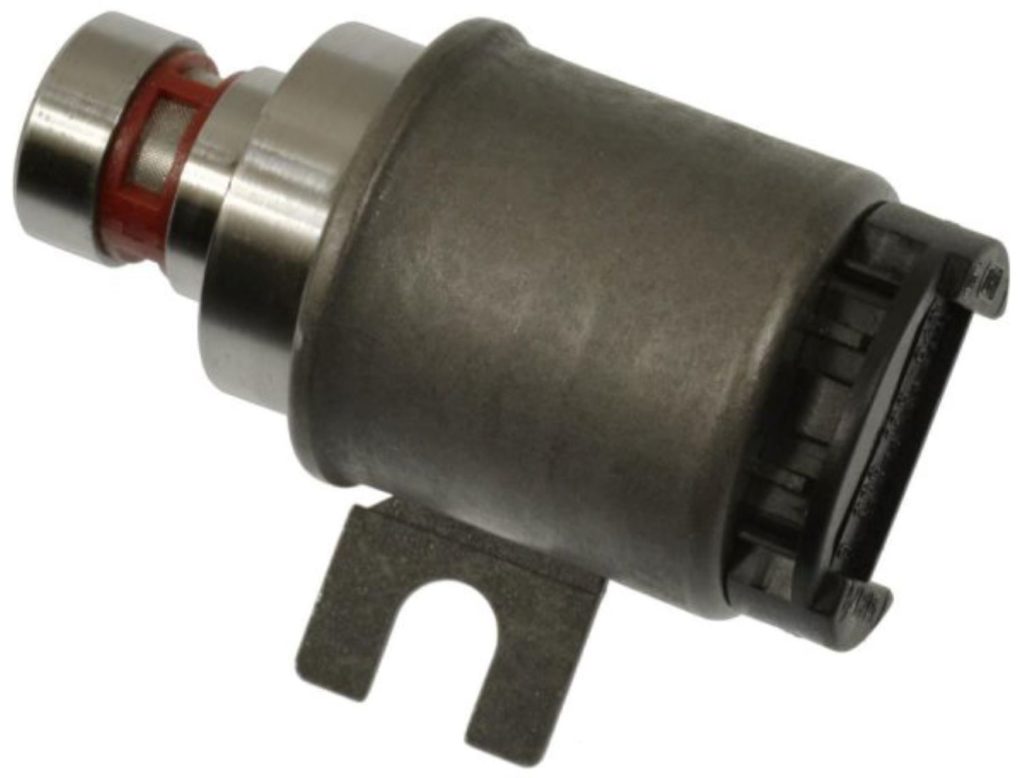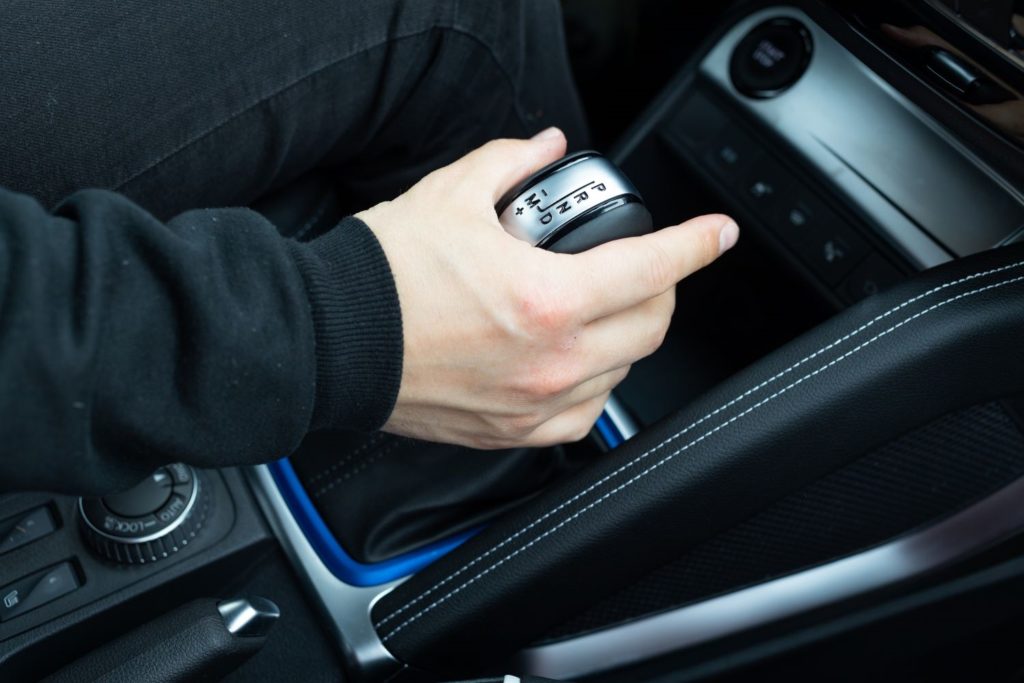Most automatic transmission vehicles have solenoids that manage fluid pressure between hydraulic circuits in the transmission assembly. The solenoids are grouped and labeled “A,” “B,” “C,” and so on. When the powertrain control module (PCM) detects that there’s something wrong with the “E” solenoid group, the P0773 code might appear when you plug in a scan tool.
What Does the P0773 Code Mean?
The P0773 code is defined as “shift solenoid ‘E’ electrical.” The PCM can trigger several related codes depending on the kind of malfunction that it detects. For this particular code, the PCM perceives that the “E” shift solenoid circuit has an electrical malfunction.
An electrical malfunction can be in the solenoid, wiring, or connectors and typically refers to an open circuit or a short circuit.

Note: The P0773 code may be different depending on the vehicle manufacturer. Consult the appropriate repair manual or repair database for the exact code definition.

What are the Possible Causes of the P0773 Code?
The definition of the code can indicate that there’s an electrical malfunction within the solenoid group, but the code can also be set by several transmission-related problems, such as the following:
- Insufficient transmission fluid
- Dirty or contaminated transmission fluid
- Dirty or clogged transmission fluid filter
- Defective transmission valve body
- Blocked hydraulic passages
- Internal transmission failure
- Faulty shift solenoid
- Corroded or damaged connectors
- Faulty or damaged wiring
- Faulty PCM

What are the Common Symptoms of the P0773 Code?
A shift solenoid issue can result in transmission-related symptoms. Here are the most symptoms of the P0773 code:
- Transmission slipping
- Transmission overheating
- Transmission gets stuck in a gear
- Decreased fuel economy
- Engine has misfire-like symptoms
- Vehicle enters limp mode
- Check engine light
How to Diagnose the P0773 Code
A P0756 code can be triggered by transmission-related symptoms, but accurately identifying the faulty part can be difficult. The definition of the code might indicate that the shift solenoid has triggered the code, but isn’t always the culprit. Since transmissions are located under your vehicle, inspecting it and finding the cause isn’t easy. If you want to properly diagnose the issue, then you should consult a trusted automotive professional.
The following video can give you a better idea of the diagnostic process:
How to Fix the P0773 Code
Since there’s no magic bullet for code issues, fixing the problem will depend on the faulty component. The first step towards repairing the issue is getting an accurate diagnosis.
Once you’ve identified what’s triggering the P0773 code, you can consult credible online repair resources and how-to guides for the best possible solutions. You should always consult your vehicle’s repair manual when it comes to troubleshooting and repairing diagnostic codes. Chilton repair manuals can also be useful. However, ALLDATA subscriptions are even better, as they provide detailed factory repair information for drivers who want to do repairs themselves.
Other Notes About the P0773 Code
Aside from a faulty shift solenoid, this code can also be triggered by a faulty transmission fluid filter, or by the other causes listed above. Before you replace your shift solenoid, test it to make sure that it’s the faulty part that’s triggering the code. If you don’t follow the correct inspection procedure, then you might replace a perfectly functioning solenoid. Vehicle makes like Chrysler, Ford, and Toyota can be affected by issues that set the P0773 code.
Any information provided on this Website is for informational purposes only and is not intended to replace consultation with a professional mechanic. The accuracy and timeliness of the information may change from the time of publication.















